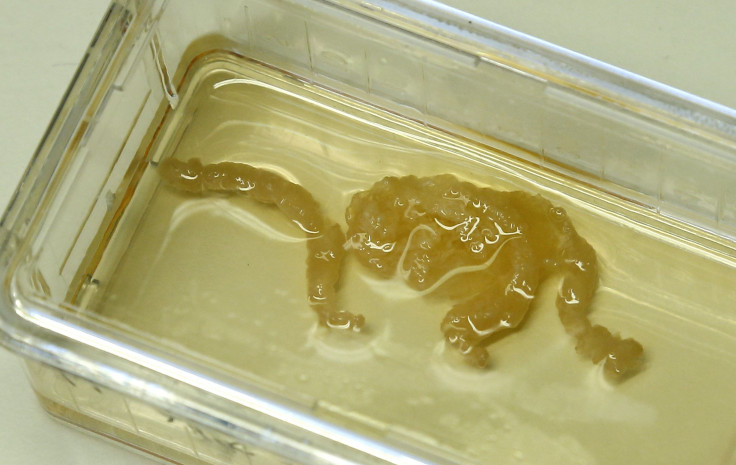Stem Cell Research: Japanese Man's Body Accepts Cells From Another Human Being

On Tuesday, a 60-year-old Japanese man became the first human being to receive "reprogrammed" stem cells. The cells were derived from induced pluripotent stem (iPS), which were donated by another person.
The iPS cells are developed by removing mature cells from one individual and reprogramming them to embryonic state. The fact that the transplanted cells were accepted by the patient opens up doors for research on the subject. In the future, scientists could use a combination of stem cells from different donors to treat diseases, according to the Nature journal.
Read: Bones Grown With Stem Cells Could Help Treat Injuries Easily
In the procedure, skin cells from an anonymous donor were reprogrammed into a type of retinal cells and then transplanted into the retina of the patient to treat age-related macular degeneration, which makes a person go blind in advanced age. Physicians hope that the cells will stop the disease from progressing.
This is not the first time such a procedure has been tried out. In 2014, a Japanese woman underwent a similar procedure, in which her iPS cells were transformed into retinal cells and transplanted for treating the same disease. The Nature report added that the procedure was successful and her body properly accepted the cells.
However, the difference between both procedures is that, in the woman’s case, the skin cells were taken from her own skin. The team working on Tuesday’s procedure, which includes the surgeon who performed the earlier surgery, Yasuo Korimoto, decided to rework the old procedure with cells taken from another person.
Read: Mini-Brain Derived From Stem Cells Could Help Treat Rare Disorder
The biggest risk with using another person’s iPS cells is that they could contain genetic abnormalities or they may not offer a genetic match, which could increase the chances of rejection.
The study was approved by Japan’s health ministry in February and will include a total of five patients.
© Copyright IBTimes 2024. All rights reserved.





















